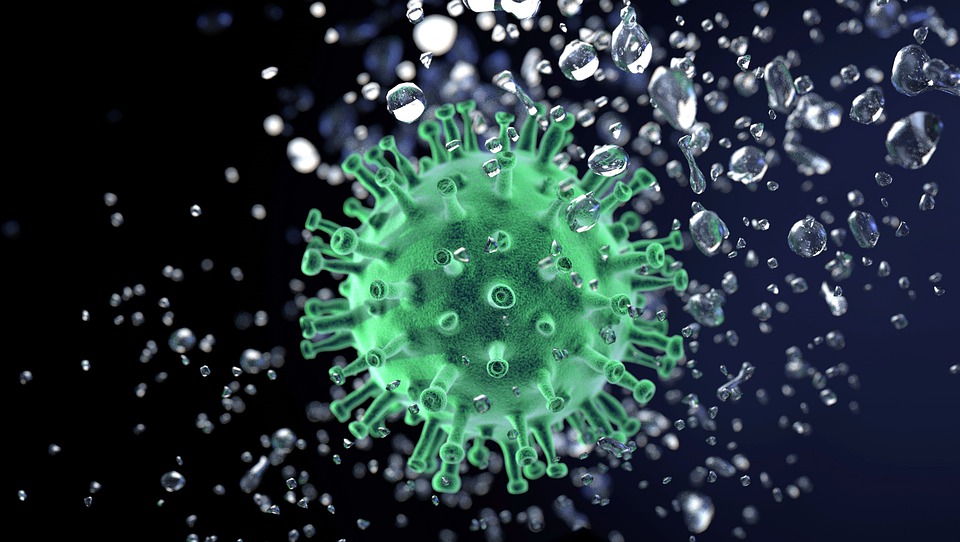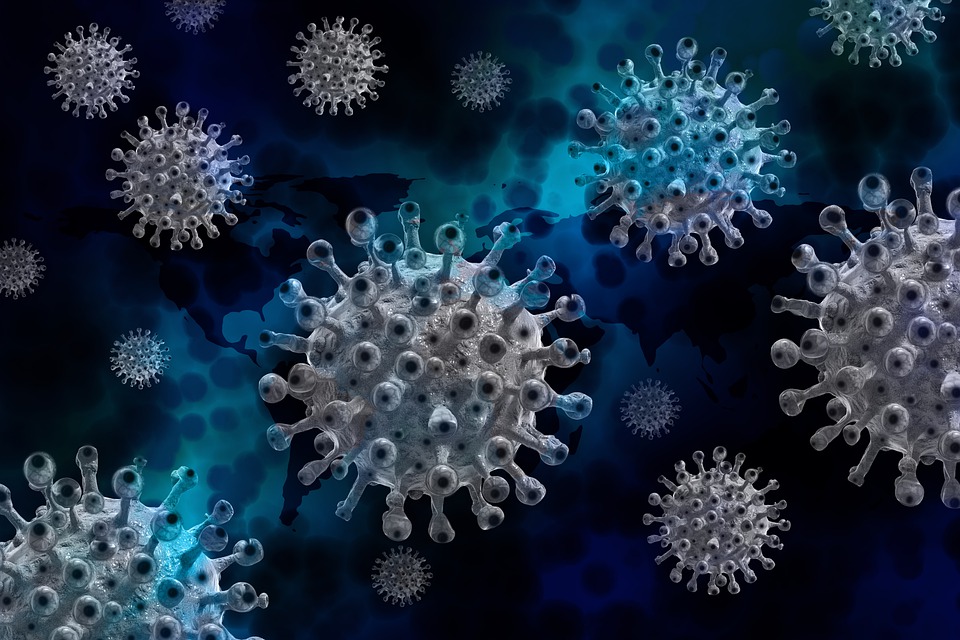PhD projects- Cohort 4 2022

Field Effected Aerosol Assisted Chemical Vapour Deposition (FE-AACVD) of Thin Film Materials
Theme: Basic Aerosol Processes
Aerosol assisted CVD is a manufacturing processes that involves depositing thin films of inorganic materials to improve the optical, electrical, or mechanical properties of a component. This work will investigate the effect of electrical and/or magnetic on thin films such that optical, semiconducting, and physical properties may be fine-tuned for any number of applications.
PhD student: Joshua Buckingham
Lead supervisor: Dr Andrew Johnson

Venus, volcanoes and vacuum cleaners: understanding triboelectric aerosol charging
Theme: Basic aerosol processes
Electrostatic charge is generated through frictional (“triboelectric”) interactions between aerosol particles. This charging causes lightning in dust and volcanoes on Earth and in space, and hazards in industrial processing of powders and granular mixtures. The student will apply both theoretical and experimental techniques to investigate and understand the mechanisms involved.
PhD student: Thomas O’Hara
Lead supervisor: Dr Karen Aplin

Time-Resolved Photochemistry of Organic Solutes in Aqueous Microdroplets
Theme: Atmospheric and environmental aerosol
The photochemistry of atmospheric aerosols is crucial to assessing their climate and health impacts. However, the reaction dynamics of photochemical reactions may differ in aerosol compared to in macroscopic solutions. This project will develop a brand-new approach to study chemical reaction dynamics on ultrafast timescales in individual levitated droplets.
PhD student: Conlan Broderick
Lead supervisor: Dr Bryan Bzdek

Photoinitiated Chemistry in Single Levitated Aerosol Droplets using Cavity Ring-Down Spectroscopy
Theme: Measurement techniques
Photochemistry in atmospheric aerosols represents one of the largest uncertainties in climate models, while understanding the enhanced rates of in-aerosol reactions could transform green approaches to chemical synthesis. This project will utilise recently developed state-of-the-art spectroscopy instrumentation to improve understanding of photoinitiated processes in aerosols.
PhD student: Xu Zhang
Lead supervisor: Dr Michael Cotterell

Radioactive Aerosols in Wall-bounded Turbulent Flow
Theme: Aerosol Technology
Nuclear energy production is set to expand as one of the means for reliable energy output, as we curb CO2 emissions. This project employs advanced mathematical and computational models to develop an understanding of the complex interaction of radioactive aerosols, as these are transported and deposit in ventilation systems.
PhD student: Gregory Marsden
Lead supervisor: Alberto Gambaruto

Responsive Aeorosol: A Design Framework for Aerosol with Required Properties
Theme: Basic Aerosol Processes
The broad objective of the PhD is to develop a framework for assessing the extent to which the responsive properties of aerosols can be designed and stimulated by changes in their environment. We will examine the potential of aerosols formed from gels and amorphous phases to provide dynamic response to environmental stimuli.
PhD student: Sorrel Haughton
Lead supervisors: Prof Jonathan Reid & Prof Wuge Briscoe


Comparing the Airborne Survival of Enveloped and Non-enveloped Viruses
Theme: Aerosols and Health
Respiratory aerosol particles transmit pathogens such as SARS-CoV-2 between infected and susceptible individuals. While airborne, the infectivity of viruses declines at a rate that is influenced by the microphysical processes occurring in the aerosol (e.g. water evaporation). This project will compare the airborne survival of enveloped and non-enveloped viruses.
PhD student: Kennedy Peek
Lead supervisors: Prof Andrew Davidson & Prof Jonathan Reid

Nanoparticles from non-exhaust emissions: lung deposition and potential health impacts
Theme: Aerosols and Health
With the ongoing transitions to hybrid and electric vehicles, tailpipe emissions will continue to fall but non-exhaust emissions are expected to rise. While a large body of research has been already done on the quantification of tailpipe emissions, their atmospheric fate, and their impact on public health, such information for non-exhaust emissions is currently scarce.
The aim of this PhD project is to fill the gap of knowledge on non-exhaust emissions, through an in-depth size and chemical characterisation and by assessing their intrinsic ability to cause lung inflammation and exacerbate diseases.
PhD student: Siriel Saladin
Lead supervisors: Dr Chiara Giorio

Digital Microfluidic Lab-on-a-chip for multiplex detection of biomarkers in exhaled breath
Theme: Aerosols and Health
Exhaled aerosols contain precious information on lung health, which could inform diagnosis and therapies and help saving lives. This project will combine emerging microfluidic and lab-on-a-chip technologies to create a portable and fully automated Lab-on-a-chip for detection of multiple disease biomarkers in exhaled aerosols.
PhD student: Daisy Ann Young
Lead supervisors: Dr Loic Coudron, Dr Laura Urbano and Dr Ian Johnston

Next-Generation Nasal Drug Delivery Exploiting non-Newtonian Fluids and Smart Thermoresponsive Materials
Theme: Aerosols and Health
Nasal sprays are of great importance to the pharmaceutical field, particularly with the possibility of self-vaccination via this route. This project will explore rheological effects in nasal sprays, including the exploitation of “smart” materials which respond to temperature, with the aim of developing next-generation dosage forms.
PhD student: Hessam Rasooli Nia
Lead supervisor: Prof Darragh Murnane and Dr Michael Cook

Aerosolised lung surfactant-based formulation stabilisation to optimise inhalable controlled drug delivery
Theme: Aerosols and health
This PhD project will develop novel inhalable formulations for lung drug delivery based on the properties of lung surfactant: a natural protective film coating the alveolar epithelium synthesized and recycled in form of self-assembled proteo-liposomes. The student will generate lipid nanoparticles with enhanced stability employing ionic fluids to determine which properties and components favour alveolar epithelium delivery and uptake and benchmark these formulations against commercial pharmacological anticancer drugs.
PhD student: Melih Engur
Lead supervisor: Dr Jorge Bernardino de la Serna

The impact of aircraft engine emissions and alternative fuels on contrail formation
Theme: Atmospheric Aerosol
Contrails are a large contributor to the climate impact of aircraft, new fuels have been proposed to reduce this impact, but their efficacy is currently unclear. This project will use satellite data to measure the development of contrails, developing accurate estimates of the impact of alternative fuels to meet climate targets.
PhD student: Oliver Driver
Lead supervisor: Dr Edward Gryspeerdt

Interaction of SARS – CoV2 and Influenza Viruses with Particulate Matter Air Pollution
Theme: Aerosols and Health
Higher transmission rates and worsening of health outcome from exposure to SARS-CoV-2 and influenza has been linked to high levels of pollution exposure. This PhD will characterise whether the airborne spread, transmission and infectivity of influenza virus and SARS-CoV-2 increases by hitchhiking on to particulate matter pollution.
PhD student: Erin Kiely
Lead supervisor: Prof Alexandra Porter and Prof Kian Fan Chung

Airborne microplastic detection and quantification – developing, evaluating, and applying novel laboratory and field-based approaches
Theme: Atmospheric Aerosol
Microplastic particles are emitted from a range of sources but remain a poorly understood fraction of airborne particulate matter, with potential health impacts. This project will use cutting-edge laboratory and online analytical techniques to identify chemical and optical markers in different environments and better understand microplastic emissions.
PhD student: Henry Blake
Lead supervisor: Dr Stephanie Wright

The structure of exhaled droplets and aerosols
Theme: Basic aerosol processes / Technology
As we know only too well many diseases are transmitted via exhaled droplets/aerosols. Despite their importance we don’t currently have a good understanding of their composition, drying behaviour or structure. This project will develop techniques to characterise these aerosols and, by drying droplets of synthetic respiratory fluid, investigate how the structures are formed.
PhD student: Faizan Ahmad
Lead supervisor: Prof. Andrew E. Bayly

Towards a better understanding of the lifecycle of Pesticides in the Atmosphere
Theme: Atmospheric Aerosol
Pesticides are widely used throughout the world and are essential components in the efficient production of food. However, their atmospheric cycles remain very important and poorly understood transport pathways. You will use a range of advanced aerosol tools and techniques to constrain atmospheric behaviour combining both laboratory and field studies
This studentship is sponsored in partnership with Syngenta.
PhD student: Ujjawal Arora
Lead supervisor: Prof Hugh Coe

Developing and deploying new sensors for in-situ monitoring of clouds
Theme: Atmospheric Aerosol
Clouds form a crucial component of the Earth system, reflecting large amounts of incoming sunlight back into space. Low-cost sensors are needed to allow long-term monitoring of climatically relevant cloud properties, but to-date no such sensor exists. This project will develop and test new sensors for cloud monitoring.
PhD student: Charlie Stainton-Bygrave
Lead supervisor: Dr Jonathan Crosier

Secondary Organic Aerosol from Emission Sources; characterisation and use of a new commercial oxidation flow reactor
Theme: Aerosol Measurement Techniques
Secondary Organic Aerosol (SOA) will become an increasingly important atmospheric PM component as primary emissions reduce. Measurement and regulation requires development and evaluation of instruments enabling accelerated SOA formation. This project will work with industry partners to evaluate accelerated oxidation in a new commercial oxidation flow reactor (OFR).
PhD student: Stephen Robertson
Lead supervisor: Dr Gordon McFiggans

EPSRC CDT in Aerosol Science
University of Bristol
School of Chemistry
Cantock's Close
Bristol, BS8 1TS
aerosol-science@bristol.ac.uk
Partner Newsletter
Sign up to receive monthly news and updates from the CDT in Aerosol Science, as well as events, training and research webinars.
